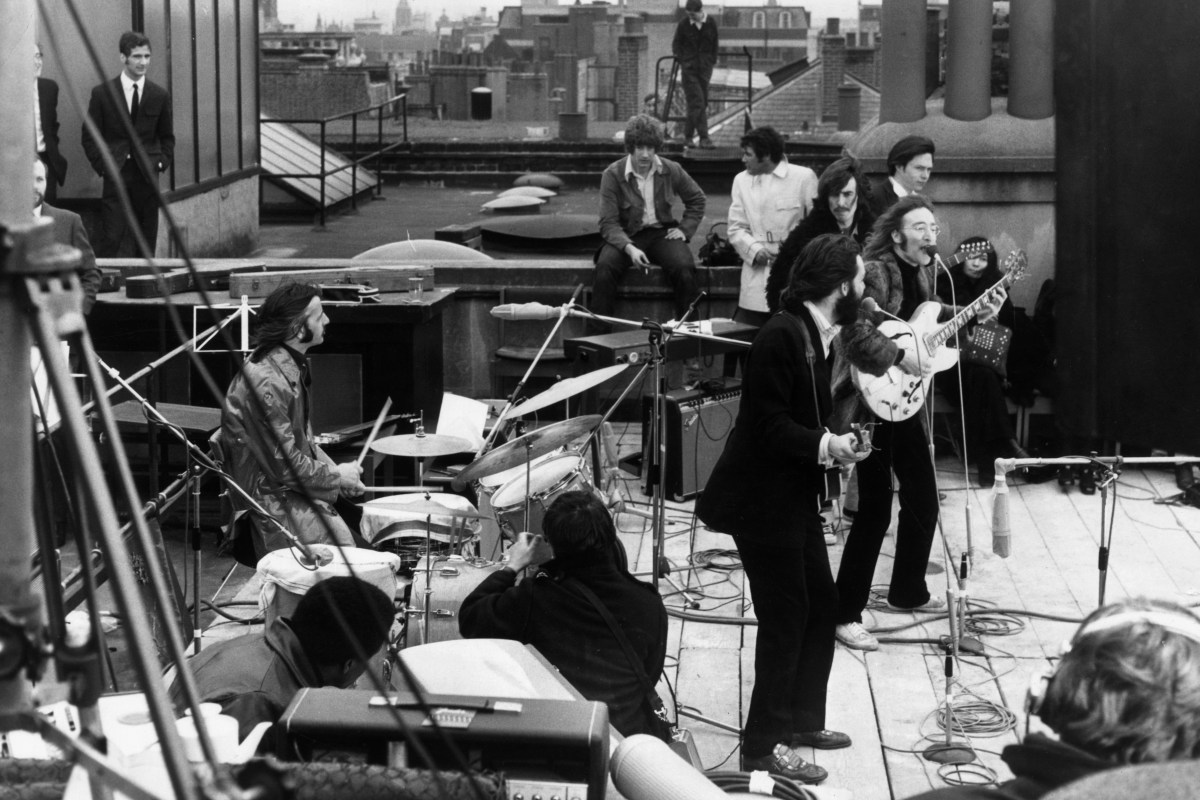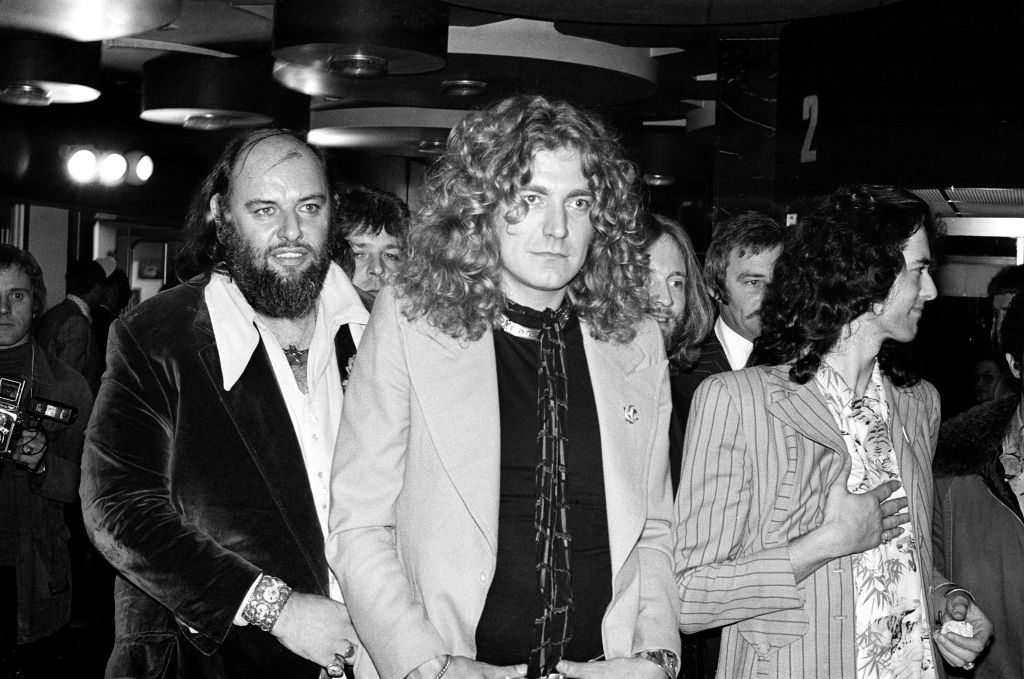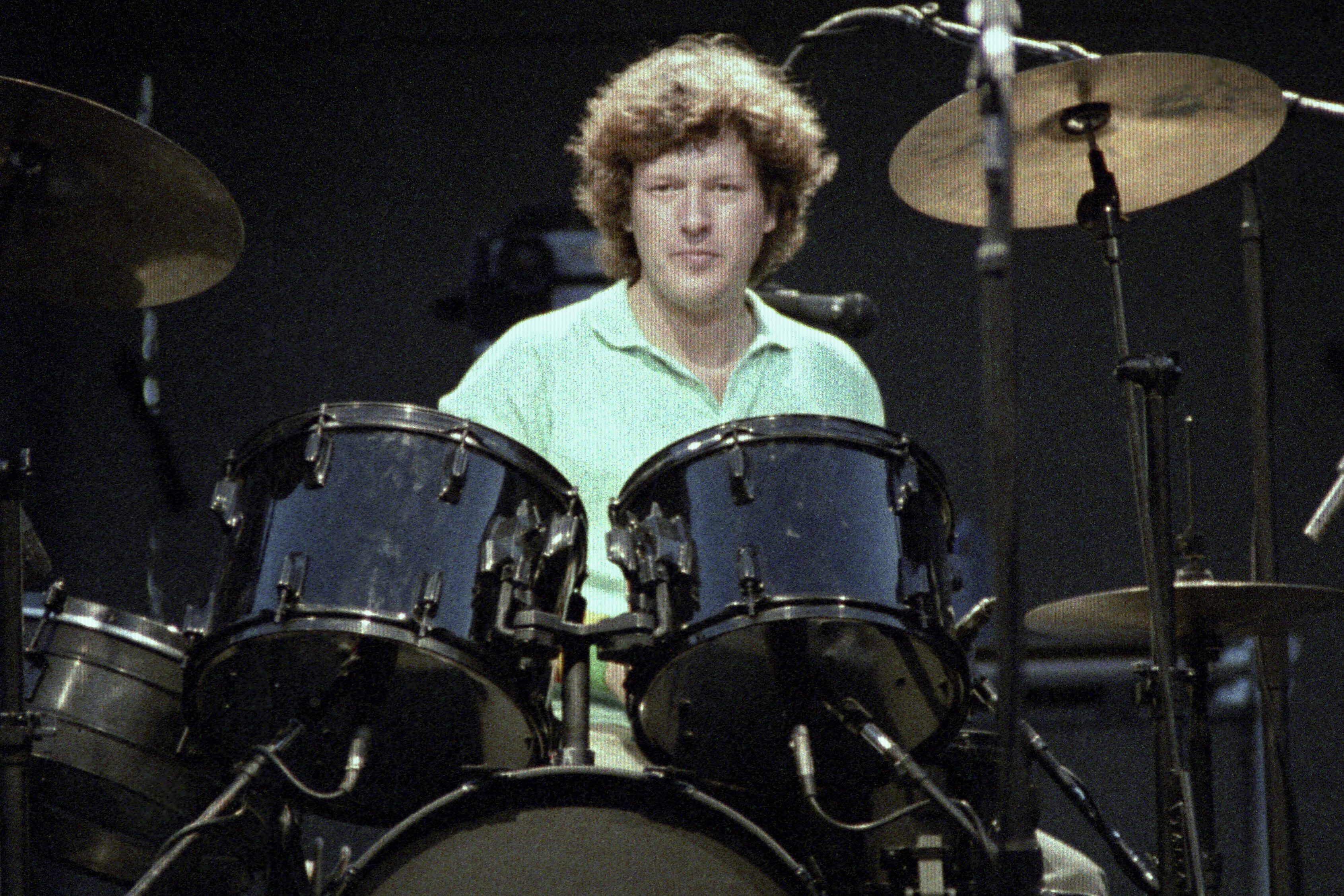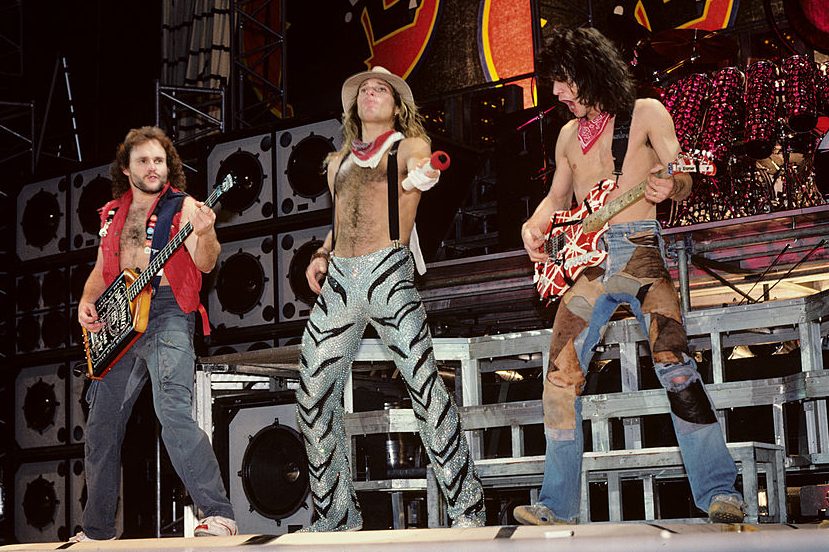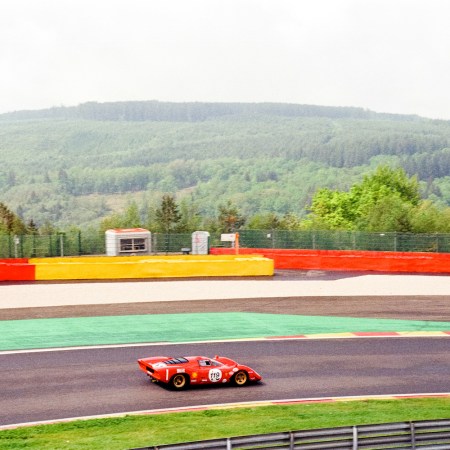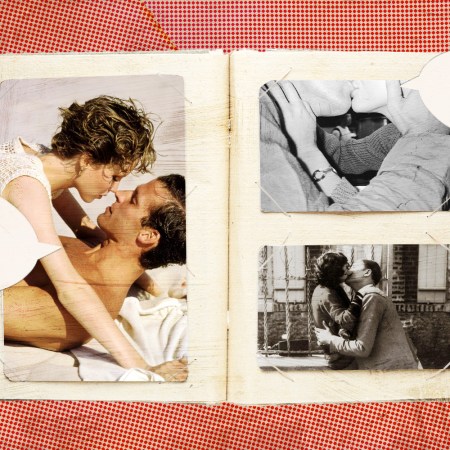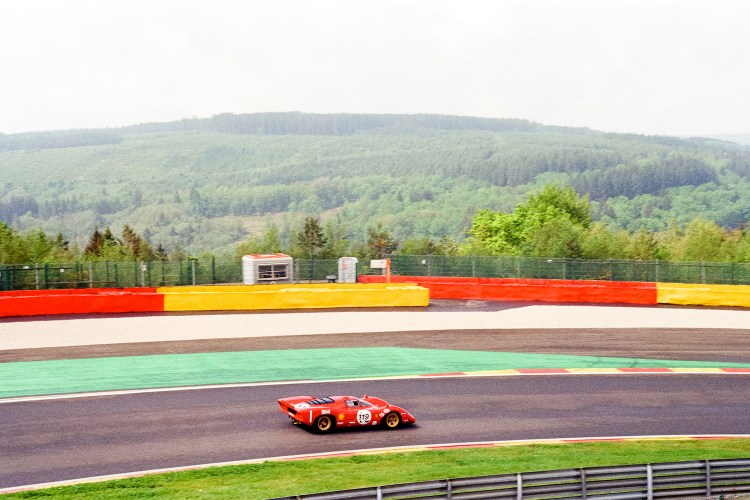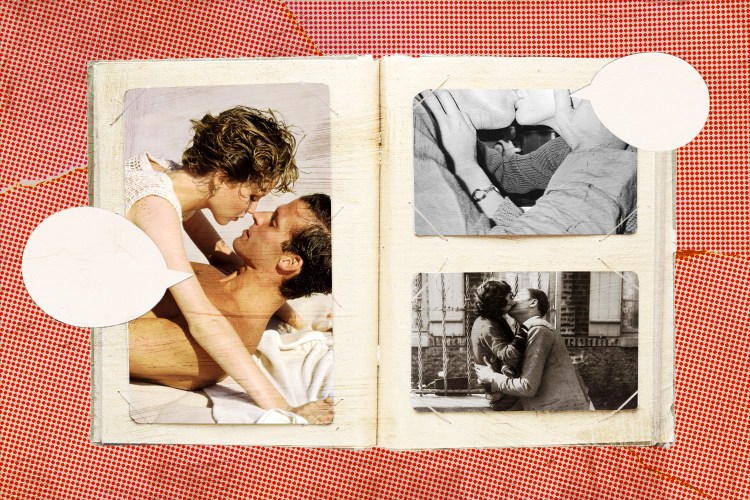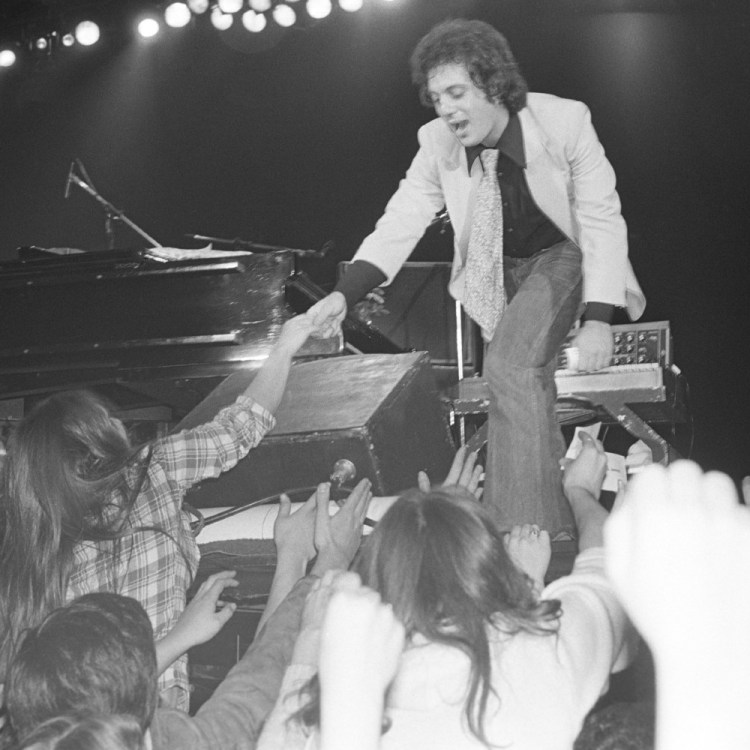All good things, it’s been said, must come to an end. Even the Beatles.
Though John Lennon had informed his bandmates months earlier that he was leaving the group, the breakup of the Beatles did not become official until April 10, 1970, when Paul McCartney issued a press release stating he was no longer working with the fabulous foursome.
That release came after a whirlwind year in 1969 that saw McCartney, Lennon, George Harrison and Ringo Starr record Abbey Road, which contains the final occasion all four members recorded together with its closing song, “The End,” and also Let It Be, the band’s final record, while also being filmed during rehearsals and writing sessions for the documentary Get Back.
In the midst of recording and being recorded, internal relationships in the band were tested as musical disagreements, arguments about finances and management, and Lennon’s heroin addiction became more prevalent.
“It was a chaotic year and a chaotic year for them because the wheels were really just beginning to come off,” Ken McNab, the author of the just-released And in the End: The Last Days of The Beatles, tells InsideHook. “There’s an awful lot of business friction. There’s a lot of personal friction. There’s a lot of musical friction. But, at the end of the day, they still managed to create two pretty damn good albums.”
For his book, McNab, a lifelong Beatles fan who writes for Scotland’s Evening Times, chose to focus on 1969, conducting more than 30 interviews with people who were in the band’s orbit during their final days as a foursome, including photographer Bruce McBroom, cameraman Les Parrot and journalist Roy Connolly, who actually had the scoop about the impending breakup but sat on it out of respect to Lennon, his source.
“He calls it the biggest regret of his life,” McNab says. “But, as a journalist myself, I understand the problem there. Roy Connolly was a man who had a foot in both camps. He’s got a foot in Lennon’s camp, a foot and McCartney’s camp. I mean, can you imagine the fallout from that? John was not one to suffer fools gladly. He sat on it for months. It would have been the story of his career, but he decided to put his loyalty to Lennon before self-interest. But I’ll bet he does regret it to his dying day.”
Over the course of his research and reporting, McNab found his perspective about each one of the Beatles and the group as a whole evolve.
“I think George’s journey in 1969 was very eclectic and very interesting,” he says. “John Lennon, I always think, in 1969, is like a volcano trapped in ice. It’s no secret he had a heroin problem. You have Ringo, who’s just going along with ride, and Paul McCartney as the band’s cheerleader-in-chief. By 1969, there were so many issues going on. I mean, at one point, they were in love with each other. By 1969, John’s in love with Yoko, and it’s not quite the same. That whole gang’s not quite the same. Maybe that was the right time to stop.”
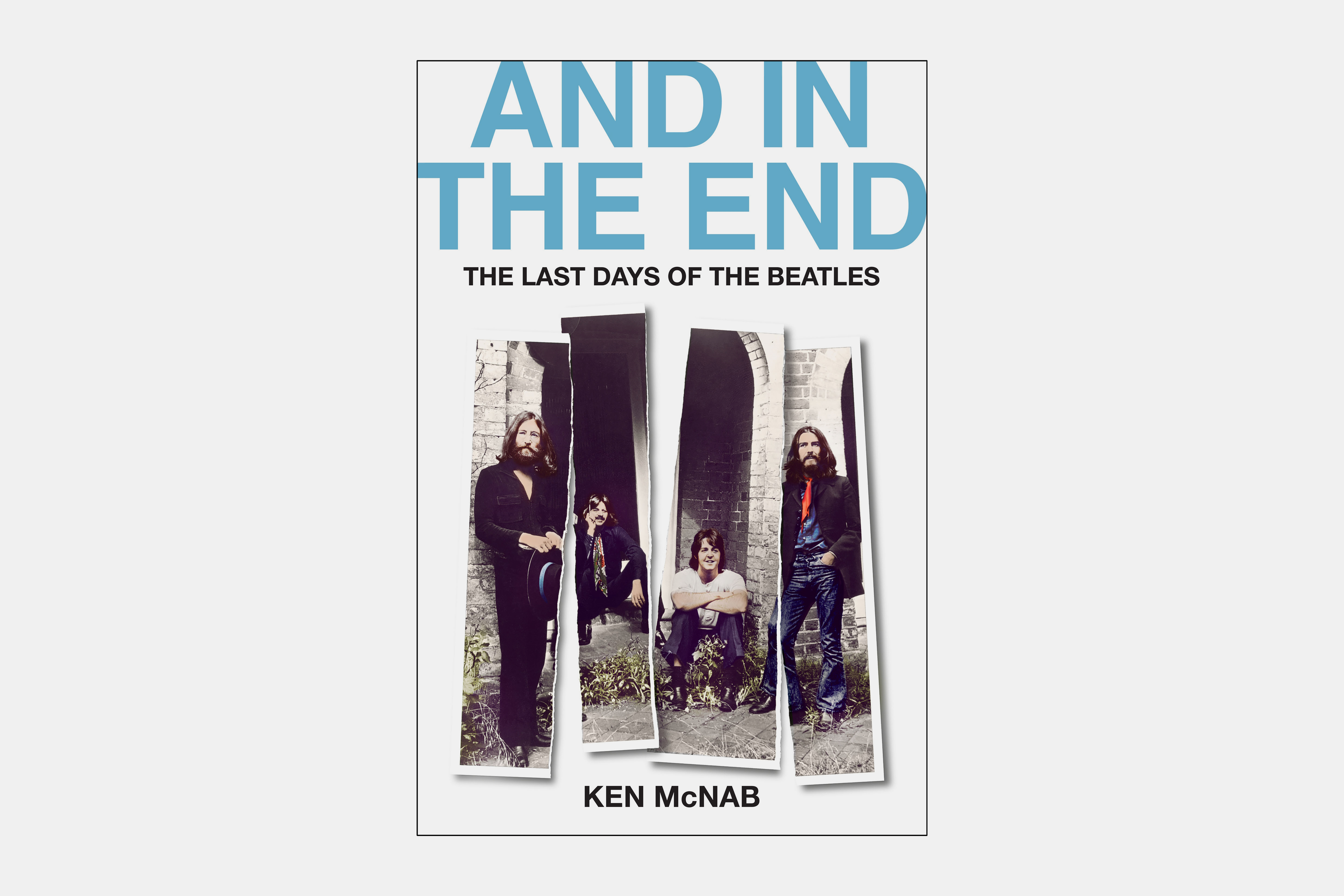
As McNab tells it, perhaps the end of the Beatles was a product of the times.
“Maybe they just had to step off the page at the end of the ’60s and that’s it. Thank you and good night, ” he says. “I would have hated for them to have become their own tribute band. It just becomes an exercise in nostalgia and I wouldn’t have wanted that for the Beatles. If I look at the cover of Abbey Road, I see a band frozen in time and they don’t age. That image is the image that encapsulates them as they’re stepping off the page and into history and I’m quite happy about that.”
McNab points out the financial incentives that have pushed some bands back into the studio and onto the stage long past their primes were not enticing enough to convince the Beatles to follow suit.
“They would never have done it for the money. They didn’t need it,” he says. “Remember, guys were throwing millions of dollars at them to come and reunite. But, by the time the wounds had healed, they had all moved on in their individual careers and in their personal lives. It was over. There was never any great motivation to try and bring it back. Who needs the money? At the end of the day, they thought the band’s integrity was more important than one night at Madison Square Garden.”
Of course, no piece about the Beatles’ would be complete without hearing McNab’s thoughts on Ono and the role she did or did not play in the band’s decision to call it quits. While he acknowledges that she was factor, he also calls her “an easy target.”
“She supplanted McCartney as [Lennon’s] best friend and musical collaborator, so it’s bound to have an effect,” McNab says. “But, at the end of the day, people grow up and sometimes you have to leave the high school gang behind. It was inevitable, as they grew into different personalities and into different individuals, that their lives would shoot off in different directions. How many people do you still hang with from school? Listen, life is not always a bowl of cherries. I can understand how Lennon was attracted to Yoko’s intellectual side. She offered him something much more than McCartney’s conventionality. It’s far too simplistic to pin the blame on individuals. It’s more a combination of fate and a combination of circumstances and a combination of the times. I think they would have broken up anyway, and I’m glad they did when they did. She’s not in the best of health, and when that moment comes it’ll be a field day about how she broke up the Beatles. I don’t believe that. Paul McCartney certainly doesn’t believe that. So, I think maybe it’s time to put that particular mess to bed. I think, at the end of the day, maybe the cart had just run its course.”
This article appeared in an InsideHook newsletter. Sign up for free to get more on travel, wellness, style, drinking, and culture.
